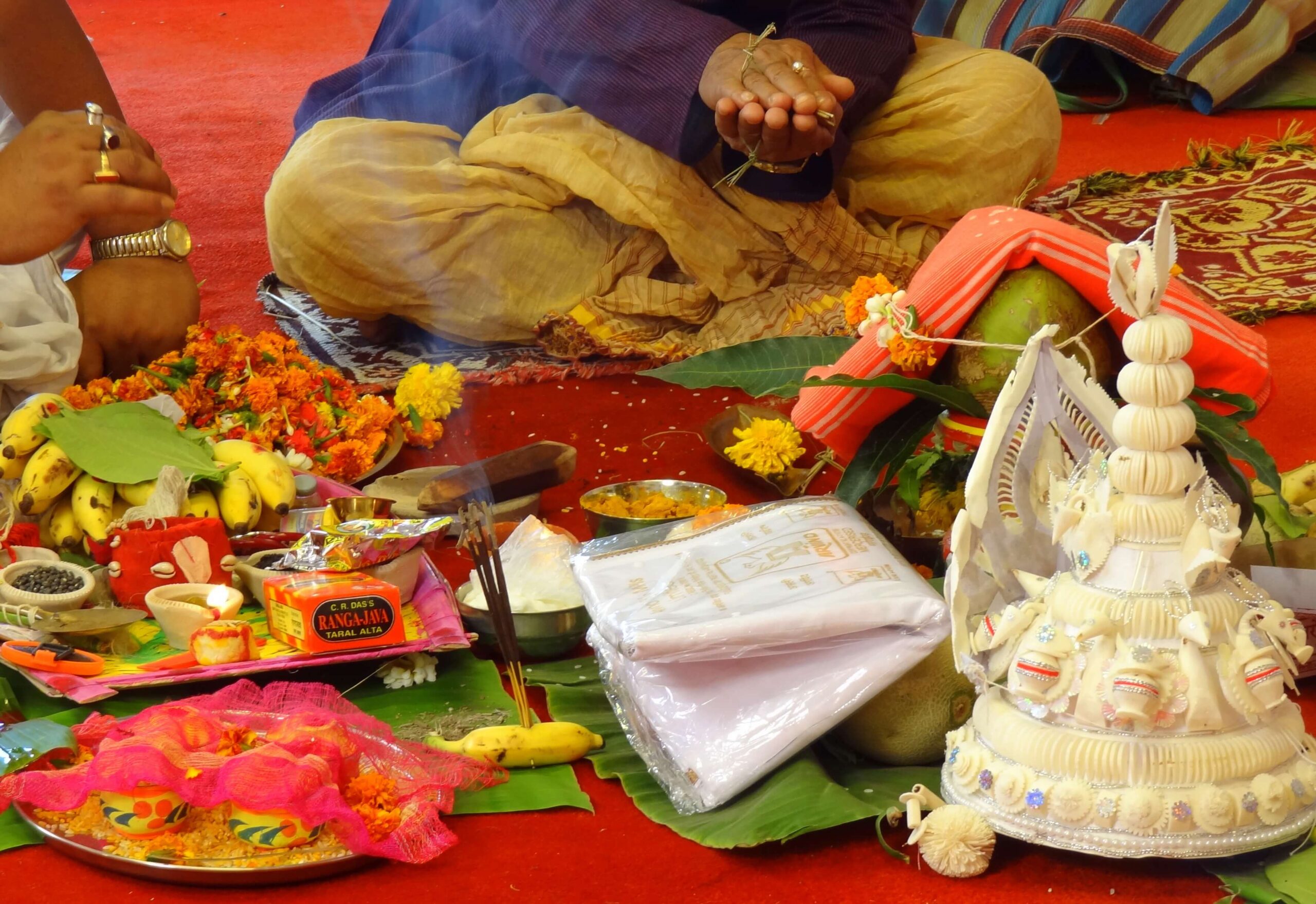In the hustle and bustle of modern life, with its myriad distractions and obligations, the significance of family rituals often gets overlooked. However, these rituals are not merely mundane routines; they are the threads that weave the fabric of family life, fostering connection, intimacy, and a sense of belonging. In this blog post, we’ll delve into the importance of family rituals and how they contribute to the creation of lasting bonds and cherished memories.
What are Family Rituals?
Family rituals encompass a wide range of activities, from daily routines like mealtime gatherings and bedtime stories to special occasions such as holiday traditions and annual vacations. These rituals can be simple or elaborate, but their essence lies in their consistency and significance to the family unit.
Examples of family rituals
- Mealtime Traditions: Regular family meals, such as breakfasts or dinners together, can serve as important rituals. They provide an opportunity for family members to come together, share experiences, and communicate with one another. These meals can involve special recipes, cooking together, or sharing stories from the day.
- Bedtime Routines: Bedtime rituals, such as reading a story before bed or saying goodnight prayers, can help establish a sense of security and routine for children. These rituals create a calm and comforting atmosphere that promotes bonding and connection between parents and children.
- Holiday Celebrations: Holidays are often marked by specific rituals and traditions that are passed down through generations. Whether it’s decorating the Christmas tree, lighting the Hanukkah candles, or preparing a special meal for Thanksgiving, these rituals create a sense of continuity and shared history within the family.
- Family Game Nights: Regular game nights, where family members gather to play board games or card games, can be a fun and engaging ritual. These events promote friendly competition, teamwork, and laughter, while also providing an opportunity for quality time together.
- Annual Vacations: Family vacations can become cherished rituals that create lasting memories. Whether it’s a camping trip, a beach getaway, or a visit to a favorite destination, these vacations provide an opportunity for families to bond, explore new experiences, and create shared memories.
- Birthday Celebrations: Celebrating birthdays is a common family ritual that acknowledges the importance of each family member. Whether it’s a small family gathering or a big party with friends, these celebrations provide an opportunity to show love and appreciation for the birthday person while creating joyful memories for everyone involved.
- Family Meetings: Regular family meetings can be a valuable ritual for fostering communication and problem-solving within the family. These meetings provide a forum for discussing important issues, sharing updates, and making decisions together, helping to strengthen familial bonds and promote a sense of unity.
These examples illustrate the diversity of family rituals and the important role they play in promoting connection, communication, and cohesion within the family unit.
Family Rituals Benefits
Family rituals play a crucial role in various aspects of family life, offering numerous benefits that contribute to the overall well-being and cohesion of the family unit. Here’s how family rituals help:
- Building Stronger Bonds: Family rituals provide opportunities for family members to come together regularly, fostering a sense of closeness and connection. By engaging in shared activities and experiences, family members build stronger emotional bonds and develop a deeper understanding of one another.
- Creating Stability and Predictability: Rituals provide a sense of stability and predictability in the midst of the chaos of everyday life. They create a rhythm and routine that can be comforting for family members, especially children, helping them feel secure and grounded.
- Promoting Communication: Family rituals encourage open communication and dialogue among family members. Whether it’s during mealtime conversations, bedtime routines, or special occasions, rituals create natural opportunities for family members to share their thoughts, feelings, and experiences with one another.
- Strengthening Family Identity: Rituals help to reinforce a sense of family identity and belonging. They create shared experiences and traditions that distinguish one family from another and contribute to a collective sense of pride and unity.
- Teaching Values and Traditions: Many family rituals are rooted in cultural or religious traditions and serve as a means of passing down values, beliefs, and customs from one generation to the next. Through participation in rituals, children learn about their heritage and develop a sense of cultural identity.
- Fostering Emotional Resilience: Engaging in family rituals provides opportunities for emotional expression and support. Whether it’s celebrating achievements together or comforting one another during difficult times, rituals help family members develop resilience and coping skills by knowing they have a supportive network to rely on.
- Creating Lasting Memories: Family rituals often involve shared experiences and special moments that create lasting memories. These memories serve as a source of joy and comfort, strengthening the bond between family members and providing a sense of continuity across generations.
Overall, family rituals play a vital role in nurturing relationships, promoting emotional well-being, and building a strong sense of identity and belonging within the family unit. By prioritizing and preserving these rituals, families can reap the numerous benefits they offer and create a foundation for lasting happiness and fulfillment.
